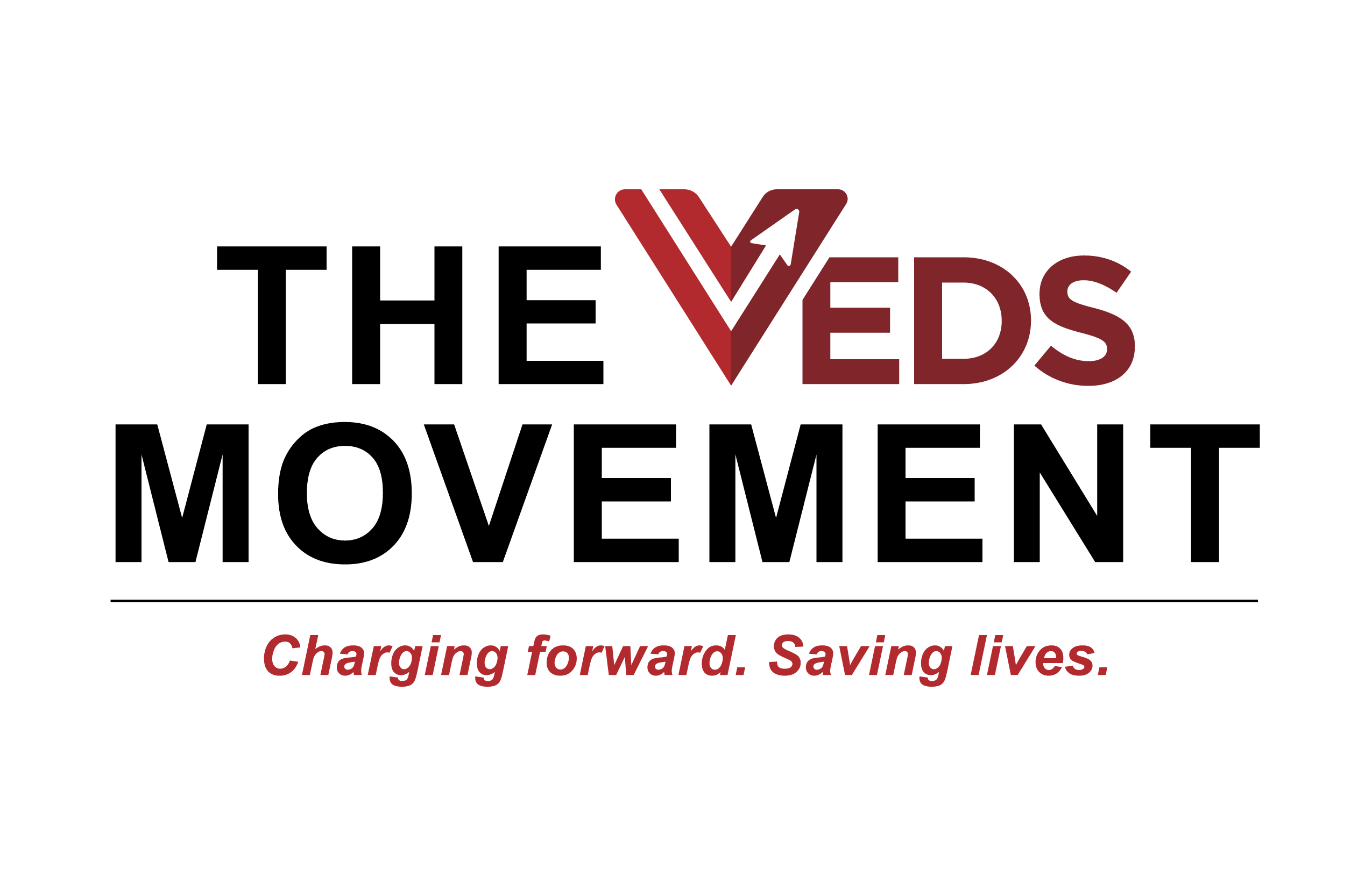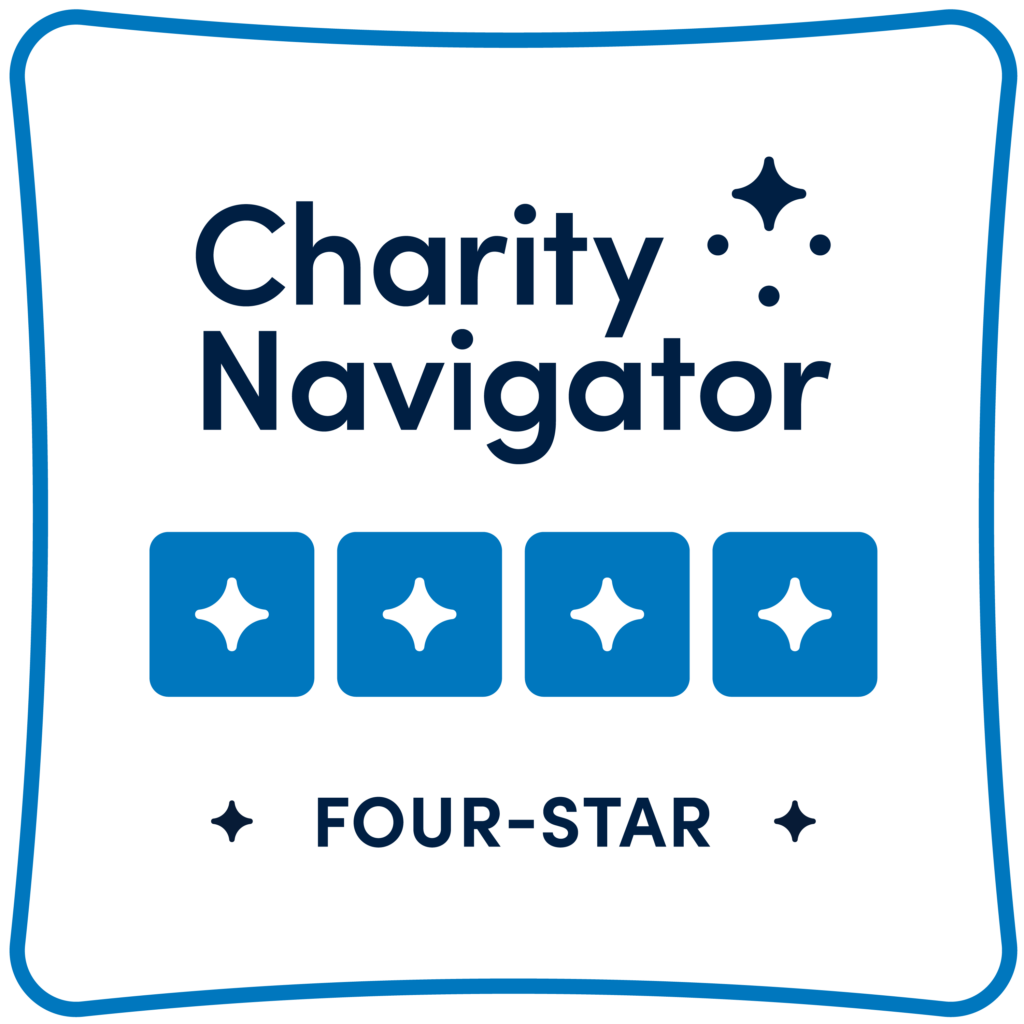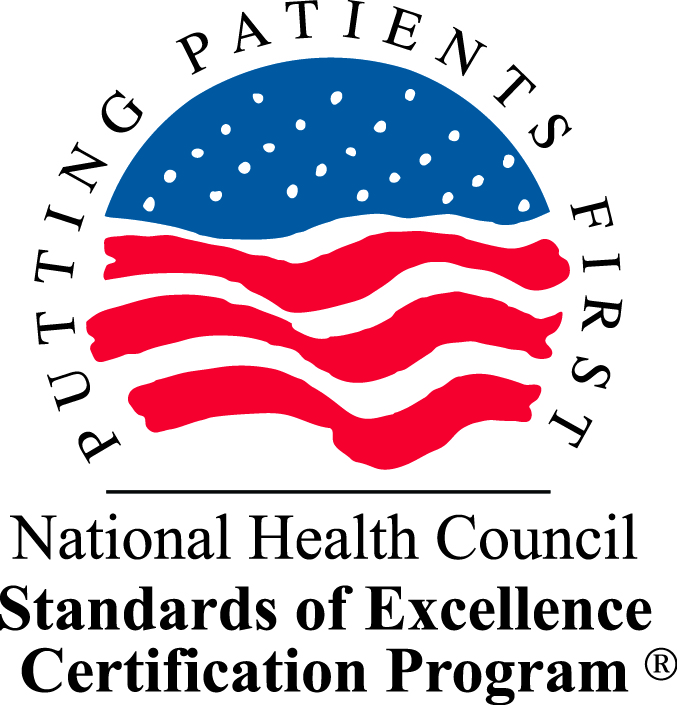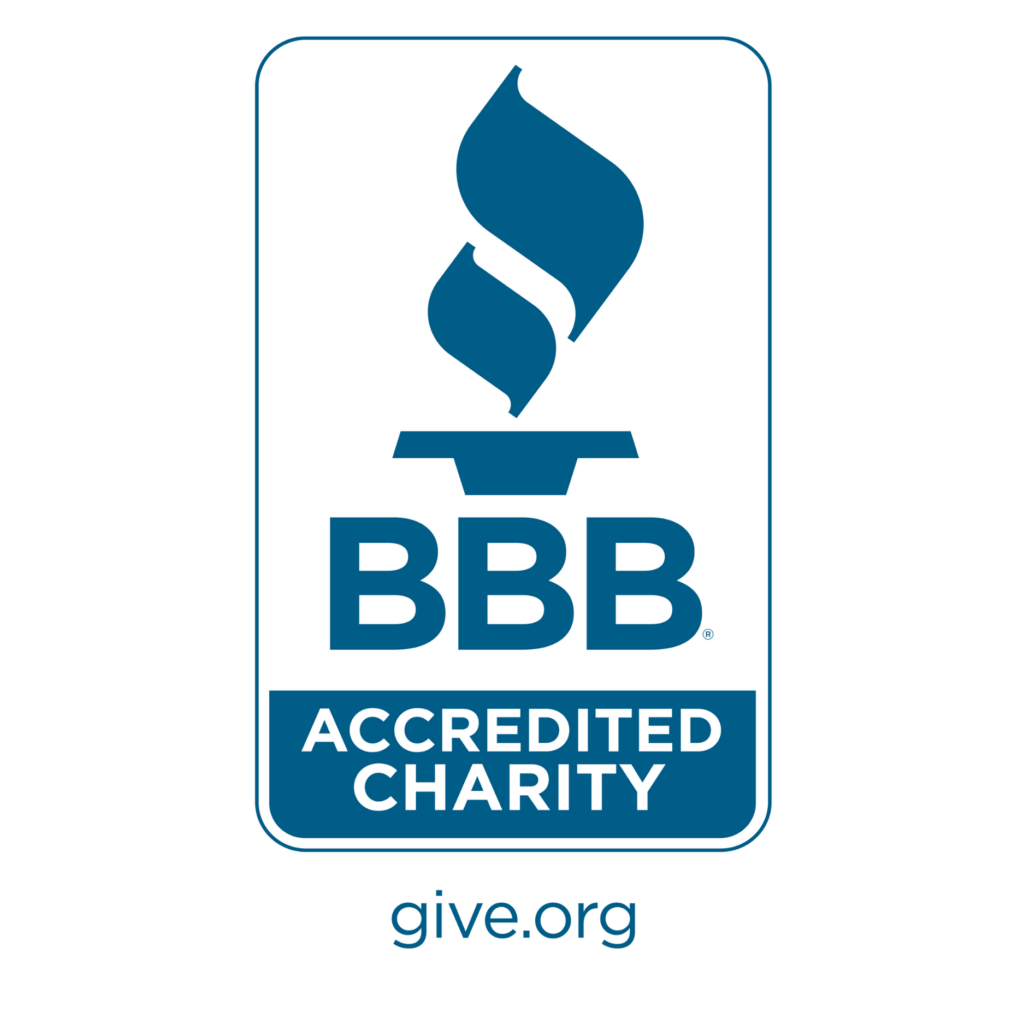Below are current research studies enrolling patients with Vascular Ehlers-Danlos Syndrome that provide key information about different factors for someone with VEDS.
The Collaborative for Longitudinal Aortic Imaging in the Young (CLARITY)
Are you interested in helping researchers develop the world’s largest database for children and young adults with genetic aortic disease? Researchers at Texas Children’s Hospital are interested in learning more about young people with aortic disease that has a genetic basis. They are asking for your help because there are currently no medical guidelines on how to best manage aortic dilation in children, and little is known about the long-term outcomes of these genetic conditions.
In an effort to learn more, researchers will collect clinical information from your medical records to better understand how the aorta changes over time, and how your genotype (your unique genetic code) affects your disease. This information will help create guidelines that will provide better tools for doctors to diagnose, estimate risks, and treat children and young adults with genetic aortic disease. These guidelines aim to improve the care and quality of life for individuals diagnosed with these conditions.
One is eligible to participate in the CLARITY study if they were diagnosed under age 50 and meet one of the following criteria:
– Classic Marfan syndrome with either FBN1 mutation or history of lens dislocation/subluxation
– Early-onset/ Neonatal/ Infantile Marfan syndrome with FBN1mutation
– Loeys-Dietz syndrome with TGFBR1, TGFBR2, TGFB2, TGFB3, SMAD2, or SMAD3 mutation
– Vascular Ehlers-Danlos syndrome with COL3A1 mutation
– Arterial Tortuosity syndrome with SLC2A10 mutation
– Shprintzen-Goldberg syndrome with SKI mutation
– Cutis Laxa Type 2B with recessive EFEMP2/FBLN4 mutations
– ACTA2-associated aortic or arterial disease
– FLNA-associated aortic or arterial disease
– LOX-associated aortic or arterial disease
– MYLK-associated aortic disease
– MYH11-associated aortic disease
To participate, you will be asked to sign a consent form and a medical records release form to allow the research team to collect personal medical information related to your genetic diagnosis. This information will be stored in a secure database and used for study analysis. Other than signing these forms, research participants will not be asked to take any further actions, such as attending research visits, participating in clinical trials, etc.
For more information, please visit the study website: CLARITYREGISTRY.COM
If you have any questions, or if you are interested in enrolling, please contact the study research coordinator, Nadia Espahbodi at NXESPAHB@TEXASCHILDRENS.ORG.
Parental Decision-Making Process and Post-Test Communication Around Predictive Genetic Testing for Children for Vascular Ehlers Danlos Syndrome
Researchers at the MGH Institute of Health Professions are asking you to consider participating in the online Mass General Brigham Institutional Review Board (IRB) approved research study: “Parental Decision-Making Process and Post-Test Communication Around Predictive Genetic Testing for Children for Vascular Ehlers Danlos Syndrome”
Predictive genetic testing is genetic testing done for an individual who does not currently have symptoms of a given condition, in order to predict if they will eventually develop symptoms of that condition. This is often done when a parent has been diagnosed with a genetic condition and the child does not yet have symptoms but has a chance of eventually being affected. This is different from diagnostic genetic testing, which is done when an individual does have symptoms of a condition to confirm a diagnosis.
Members of the Vascular Ehlers Danlos Syndrome community are invited to participate in this research study that seeks to explore the experiences of families that have considered predictive genetic testing (PGT) for Vascular Ehlers Danlos Syndrome (VEDS) for their children. We hope that this study will improve health care providers’ understanding of the parental considerations involved in decision-making surrounding PGT, the experiences of those tested for VEDS as children, and the family communication surrounding genetic testing. With this expanded understanding, we hope to be better able to support parents making this decision and families in this position.
Participation in this study involves completing a survey and an interview. The interview will be conducted virtually using Microsoft Teams video conferencing.
Individuals are eligible to participate if they are 18 years or older, speak English, and are either one or both of the following:
A parent with VEDS or their unaffected partner who has considered predictive genetic testing for VEDS for their child
An individual who underwent predictive genetic testing for VEDS as a child
If you would like to participate, please follow the link below to learn more about the research study and complete the survey. After completing the survey, you may be contacted by the study coordinator to schedule a time for the research interview. A $20 electronic gift card will be provided to participants who complete both the survey and interview and those who complete just the survey will be eligible to enter a raffle for 1 of 5 $20 gift cards.
The study can be found at the following link: https://redcap.link/VEDSResearch
If the link above does not work for you or for other questions about the study, please contact us at EECKER@MGHIHP.EDU.
Sincerely,
Emily Ecker, BA
Genetic Counseling Student,
Class of 2023
MGH Institute of Health Professions
Allison Cirino (PI)
MGH Institute of Health Professions
The DiSCOVER Trial: Decentralized Study Evaluating Celiprolol on VEDS-Related Events
Zevra Therapeutics is conducting a clinical trial in the U.S. to evaluate the efficacy and safety of an investigational drug known as celiprolol for the treatment of vascular Ehlers-Danlos Syndrome (VEDS). As of May 2024, Zevra Therapeutics is once again actively seeking potential participants with a confirmed diagnosis of VEDS caused by a COL3A1 mutation who are interested in participating in this investigational trial.
To pre-qualify for this clinical research study, you must meet the following criteria:
1. Must be greater than or equal to 15 years old
2. Willing to obtain a magnetic resonance angiogram (MRA) image
3. During screening, must have a genetic test performed, via a saliva sample, to confirm the presence of the COL3A1 mutation which will confirm a VEDS diagnosis; you will need a positive test result.
4. Must be able and willing to discontinue use of beta blockers under the care of your primary physician
5. Should not have had an arterial rupture or dissection, uterine rupture, and/or intestinal rupture within the last 6 months
6. Must be willing to complete all study procedures
Please note this is a summary of the main criteria to assess pre-eligibility and is not an exhaustive list. To learn more about the DiSCOVER trial, visit https://discoverceliprolol.com/
Pregnancy Among Families with VEDS
Dr. Morris’ team at Texas Children’s Hospital and Baylor College of Medicine have a new study looking at pregnancy among families with VEDS. The purpose of the study is collect more information to improve prenatal recommendations for families with VEDS and improve care during pregnancy.
People with a history of pregnancy who have a child with VEDS are eligible to enroll, regardless of whether they themselves have VEDS. Adults who have VEDS but do not have children are also eligible to enroll.
To participate, staff would ask families to sign a consent form and review a survey together over Zoom/phone. The survey should take about 20-30 minutes to complete. No travel is necessary. For more information, contact Dr. Morris’ coordinator, Sara Stephens, at 832-826-5613 or sara.stephens@bcm.edu.
NIGMS Repository Sample Requests for VEDS, LDS, and Marfan Syndrome
The NIGMS (National Institute of General Medical Sciences) Repository, housed at the Coriell Institute, is a research biobank that collects blood and/or tissue samples from individuals with genetic diseases and makes them into cell lines and DNA for scientists to use in biomedical research. Loeys-Dietz syndrome (LDS), Vascular Ehlers-Danlos syndrome (VEDS), and Marfan syndrome were recently listed on the American College of Medical Genetics and Genomics list of actionable conditions for increased research.
Coriell is now accepting blood (for lymphoblasts) and skin biopsy (for fibroblasts) samples from individuals with LDS, VEDS, and Marfan syndrome as well as their family members and relatives from domestic and international locations around the world.
Donors will receive a sample collection kit, instructions, and all necessary materials for collecting samples and returning the kit free of charge. Sample donors are required to submit supporting clinical data (e.g., genetic test results, medical records, physician summary records) that describes the diagnosis.
To submit a sample to the NIGMS Repository, email NIGMS@CORIELL.ORG with the following information:
The requested number of blood and skin biopsy collection kits for your family member(s)
Full name and age (for children) of each family member who will donate samples
The name, address, and phone number of the person or clinician to whom the collection kit(s) should be shipped.
Coriell does not conduct its own research but provides the materials for scientists around the world to perform research on genetic disorders. Also, Coriell does not provide donors with any results regarding their genetic disease nor information on their sample itself. For more information about Coriell and the sample donation process visit https://www.coriell.org/1/NIGMS/Affected-Families-Donate-Here/Donor-Portal-Home
Vascular Ehlers-Danlos Syndrome (VEDS) Research Collaborative Study
The VEDS Collaborative is dedicated to supporting the Vascular Ehlers-Danlos syndrome community in driving patient-centered outcomes research (PCOR) to improve the management of VEDS and increase the quality of life for people impacted by VEDS.
As part of the VEDS Collaborative, the University of Washington is conducting a natural history study to define the contribution of known VEDS gene mutations to VEDS complications and outcomes. The researchers are seeking individuals of any age with molecular confirmation of Vascular Ehlers-Danlos Syndrome (i.e., diagnosis through genetic testing results or skin biopsy results) who are willing to share their medical records and radiologic imaging to support a natural history study where the course of VEDS can be followed.
The hope is that this work will lead to treatment guidelines based on the underlying gene mutation and the discovery and/or creation of novel medical practices, diagnostic tools, protective therapies and medicines for the future that will prevent and/or cure the complications of VEDS.
More information about the study is available online. If you are interested in taking part in the study or would like more information, please contact the study team at VEDSColl@ohsu.edu
Pregnancy and Cardiac Disease Research
Researchers at the University of Texas Health Science Center at Houston are participating in the Registry on Pregnancy and Cardiac Disease (ROPAC), a worldwide project of the European Society of Cardiology. They are currently enrolling any women who became pregnant any time after December 2017 and who have, or have had, one of the following heart or blood vessel problems:
•Aortic aneurysm
•Aortic dissection
•Heart valve replacement surgery
•VEDS, Marfan syndrome, Loeys-Dietz syndrome, or another condition that can cause aortic aneurysms or dissections
If you meet these criteria, you may be eligible for the study. Enrollment takes only minutes and your contribution will provide lasting benefits to other women who have potentially fatal conditions. If you would like additional information or if you would like to enroll, please call the ROPAC study team at 713-500-6704.
Genetic Testing Research Study
The Genomic Services Research Program (GSRP) is a study of people with “secondary results” from genetic testing. Secondary results are unexpected. They are not related to the reason the person had the genetic test but are shared because they may be very important to the person’s health. Most secondary results have to do with high risks for health problems that can be treated or prevented. Many of these results are related to cancer risk and heart conditions. If you think you have received a secondary result, you may be eligible to join this study.
The purpose of this study is to learn about how people react to their secondary result and the actions they take after learning this information. If you or a member of your family have been given a secondary result, please consider partnering with us on this research. Together we hope to understand the health impacts of secondary results on you and your family and discover ways to better support people like you.
What is involved in for people who join?
If you join the study, the first phase is a survey and phone interview. We will ask you about any changes you made to your healthcare based on the result. We will also ask if there were recommendations you did not follow and why. Finally, we will ask questions about sharing the result with your family members. Following the interview you may be invited to the second phase of the study, which could include extra testing for you and/or your family members at the NIH or in your area. Participating in this study and having testing done at the NIH is free. If we ask you to come to the NIH, and you live in the United States, we will pay for your travel and a hotel.
Eligibility:
1. Must speak English or Spanish
2. Must have received a genetic testing result related to cancer risk or heart disease even though they were not having genetic testing to get information about this condition.
For more information, please visit: https://www.genome.gov/Current-NHGRI-Clinical-Studies/Genomic-Services-Research-Program
Learn more about participating in a study. If you are a researcher and have a current research study about Vascular Ehlers-Danlos Syndrome (VEDS) you would like listed on our website, see our guidelines and how-to here.
See current information on treatment and management of VEDS.





